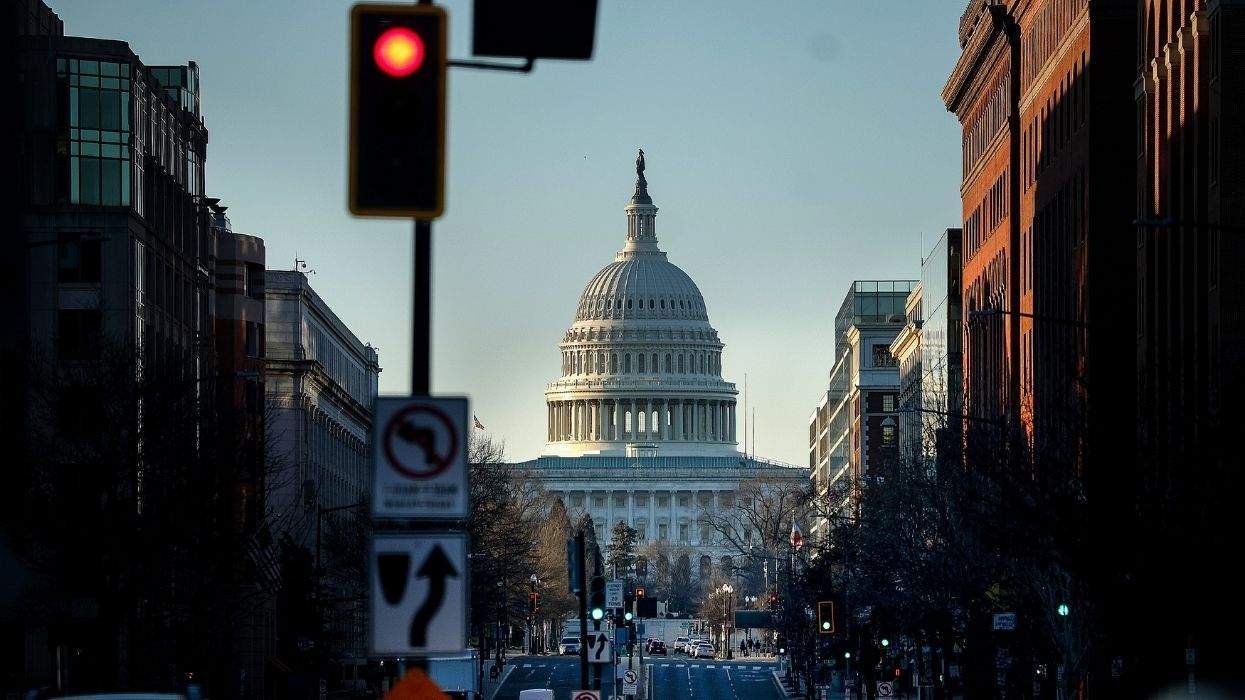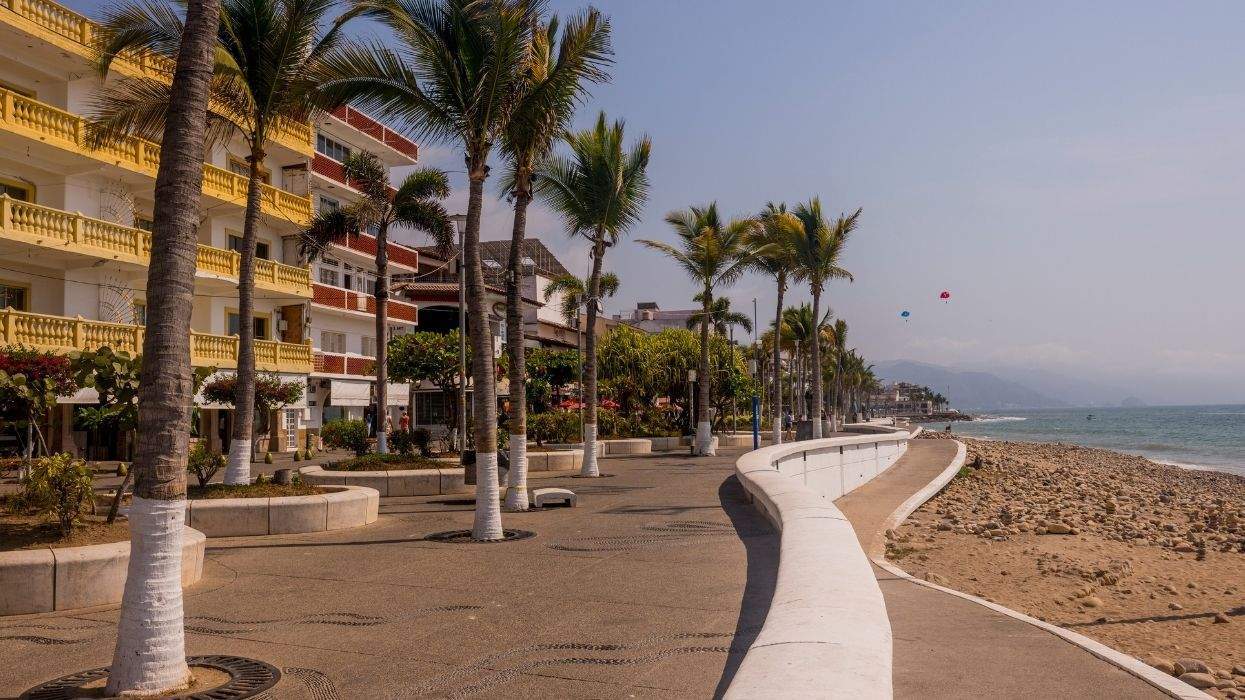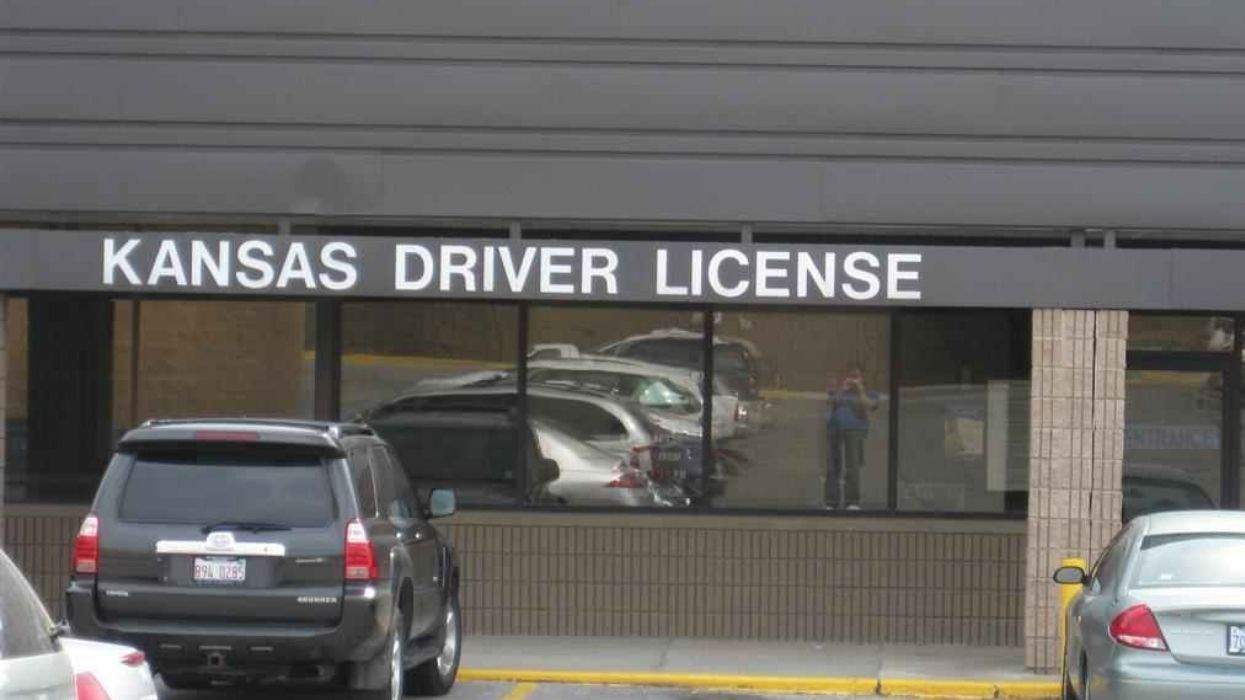Orlando Torres had been up late Sunday night reading social media posts when news first broke of the shooting in Las Vegas at the Harvest Music Festival. The story felt too familiar. A bunch of people out enjoying music together. A gunman murdering individuals at random. For many Americans, this rang of a too-frequent news story playing out once again. But for Torres, video of people fleeing gunshots amid growing chaos proved far too familiar. In his mind, Torres immediately returned to June 12, 2016, when he lay on the ground of Pulse, the site of the worst -- if only for a short time -- mass shooting in modern U.S. history.
"For the rest of the Pulse family and survivors to hear this, it retriggers the suffering we all went through last year," Torres said. Torres would find himself Monday morning watching emerging video of the Las Vegas attack, staying up until 4 a.m. finding out whatever he could, listening to gunfire more rapid than the shots that pollute his memory of the Orlando attack. "Nobody can imagine what we dealt with. So much emotional stress. But here we go again, with another state going through the same tragedy."
By the time most people woke up on the East Coast, the death toll reported in Las Vegas had already climbed past 50, surpassing the casualty county for the Pulse shooting, the previous holder of the dubious carnage record. It's a record Mayra Alvear-Benabe never wished to see broken. Her daughter Amanda Alvear died in the Pulse attack, and she never wants another family to go through similar pain.
"My husband and I just cried in each other's arms. We can't believe this is happening," she said. "And so many of them. We are totally devastated, outraged, hurt."
Like Torres, she would scour social media for images of the attack, feeling more heartache as she searched. And the rush of loss she felt immediately after the Orlando shooting returned with force.
"I feel hopeless, impotent," she said. "I'm so angry at so much going on in the world and we don't learn. I don't want this to keep going." And she's flabbergasted that in a world with high-capacity weapons available, this will only continue.
Motivations for the Las Vegas attack seemed less clear than the massacre at Pulse. Orlando shooter Omar Mateen had been investigated twice for sympathies to terrorist groups and chose a gay club as his soft target, solidly fueling suspicions the motivation stemmed from homophobia of some sort. For now, the intent of Las Vegas shooter Stephen Paddock remains unknown.
But immediately upon hearing the news Monday, those affected by the Pulse attack saw one commonality between the men. They each armed themselves with high-capacity firearms.
For Christine Leinonen, whose son Christopher "Drew" Leinonen died at Pulse, that shows the shooting to be all the more tragic because it should have been preventable.
"I unwillingly was forced into this club of losing a loved one to gun violence," she said. "Now the club has grown yet again. And we as a country are practically handing out assault weapons to anyone who wants one."
Leinonen lobbied lawmakers in the past year and a half seeking a ban on assault weapons for everyone except the military and police. And many in Orlando saw the shooting in Las Vegas as the latest product of lax gun laws.
"This just brought up a lot of memories and triggered a lot of personal and collective drama, just like in the aftermath of June 12," said David Moran, cofounder of Gays Against Guns' Orlando chapter. "It's hard because it's so emotionally draining. Folks are trying to deal with their own personal grief and trauma and saying, OK, we have to do something."
GAG will participate this Wednesday in an event with the Florida Coalition to End Gun Violence in support of a proposed assault weapons ban in Florida, legislation cosponsored by Orlando-area Rep. Carlos Guillermo Smith. Pat Brigham, head of the Florida Coalition, says at this point state legislatures may be the only meaningful venue to bring about change in gun laws.
But policy matters aren't the focus of everybody in the wake of the Las Vegas attack.
Today, the One Orlando Alliance will also host an event at Orlando's Dr. Phillips Center, where crosses bearing the names of Pulse victims once stood. "The One Orlando Alliance is shocked and shaken by the horrific tragedy gripping Las Vegas now," reads a statement from the group, which formed after the Pulse shooting to support those affected. "We send our loving thoughts and prayers your way and stand ready to assist wherever we may be needed. This violence hits too close to home."
The alliance also announced counseling services for anyone in the community mentally impacted by the shooting in Nevada.
Tamara Colon, who left Pulse minutes before the shooting began in June 2016 and lost friends in the club, knows the recovery will be slow coming for Las Vegas.
"It brings flashbacks to what happened at Pulse a year ago," Colon says. "Orlando and the LGBT community are devastated. We never fully got over the act." For survivors of the shooting, she wished for a speedy recovery. For those families and friends who lost someone, she offered sorrow.
Torres, who thinks gun control would slow but not end mass shootings, says he's tried to dedicate himself to support philanthropic efforts for a variety of causes since he survived the Pulse attack.
"I try and participate in any help for the community, to help nonprofits and spread the word of love and support," he said. Recently, he's been part of the Orlando United for Puerto Rico effort to he raise funds for hurricane victims in the U.S. territory. On Monday evening, he planned to attend a vigil for victims at Lake Eola Park, the same venue where historic gatherings occurred in the wake of the Pulse attack.
Christopher Hansen, who crawled out of Pulse shortly after shooting began and helped carry victims to medical care, wants to get to Las Vegas to provide support for victims. He notes that the Orlando and Vegas communities share attributes besides tragedy. They are respectively the number 1 and 2 entertainment capitals of the world, in addition to being the sites of the nation's deadliest shootings. He wants to know as much as anyone how the Las Vegas shooter got his hands on an (apparently) automatic weapon, which cannot be legally purchased by a civilian. But Hansen hopes the attacks start multiple social conversations.
"What do we do when someone with a mental disorder needs assistance, and in order to get it something tragic has to happen or you have to have money or insurance," he says. "More than half of America is uninsured, and so we have many people out there who need the help that aren't getting it, and when it's too late there is no help."
Hansen wants to know, too, how Homeland Security and local police could not prevent this shooting from taking so many lives. America, he says, is in a war with homegrown terrorism, and the Las Vegas shooting shows that as well as the events at Pulse. But he also says tragedies can bridge communities together, the same way Orlando's LGBT community feels a connection with the New Orleans victims of the UpStairs Lounge fire, even if the news is hard to take.
"My heart is so heavy today," Hansen said.















Charlie Kirk DID say stoning gay people was the 'perfect law' — and these other heinous quotes
These are some of his worst comments about LGBTQ+ people made by Charlie Kirk.